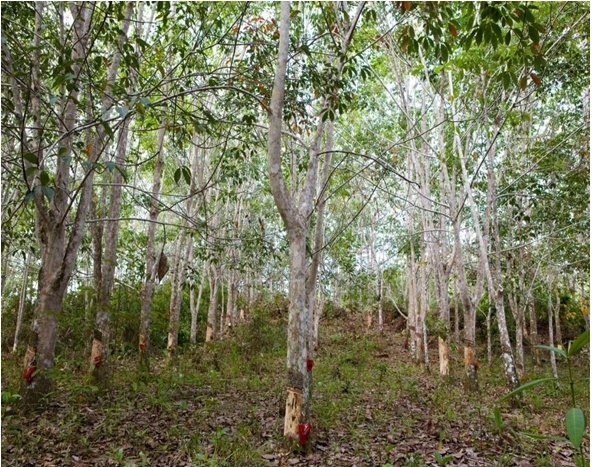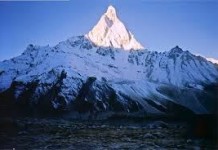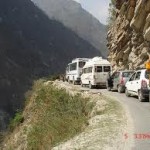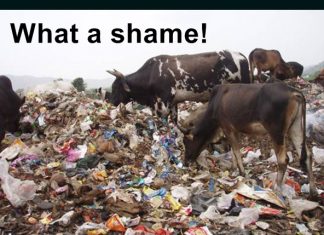It’s no joke! Did you know that the so-called manufacturers of all that we buy use natural resources as the main source? This is applicable to anything you name starting from candles to computers and cars to spaceships. The same is true for tires that we proudly roam around the world on. Yes, tires are made by destroying forests. In fact there is nothing that human beings can create in actual sense of the term. Even the so-called artificial intelligence is also a product of human intelligence, which in turn, is a gift of God. Some may call it a gift of nature. No issues with that.
The issue, however, is, how insensitive we are to trees, forests and other natural resources. On one hand we cut down trees in hundreds and thousands and even burn forests to make the area habitable for human beings, but on the other hand we blame the nature for earthquakes, flood, drought, cyclone and the so-called global warming.
Nature is not cruel nor whimsical. It is the selfish human beings who are both cruel and whimsical. Destroying forests by killing trees and animals is one of the main reasons for the present chaotic state of affairs. The fact that forests are destroyed for manufacturing tires is just another example how thoughtless human beings can be.

The cars we drive every day, as well as the large trucks, buses and planes that transport cargo and people, rely on rubber that mainly comes from exotic tree plantations in mainland Southeast Asia. And those rubber plantations contribute to the destruction of Asia’s best remaining forests.
In fact, 90% of all natural rubber produced in the world grows in Southeast Asia. Since the 1970s, the region has lost hundreds of millions of acres of natural forest, mostly to make way for infrastructure and the production of commodities, including rubber. But a new way forward just might allow Southeast Asia’s last forests to bounce back. Better yet, it points to a possible large-scale transformation of the rubber industry that won’t require us to reinvent the wheel.
At the 2014 Climate Summit in New York, 53 of the world’s largest companies signed the New York Declaration on Forests and committed to eliminate deforestation from their supply chains. Hundreds of companies from the Consumer Goods Forum have made the same pledge.
Until recently, none of those commitments included companies from big rubber. But just last week, Michelin, the world’s largest buyer of natural rubber, announced a new zero deforestation policy—setting the bar for the rest of the industry to follow. Michelin has been working with World Wildlife Fund since early 2015 to show that natural rubber can be produced responsibly. We are working in landscapes like Thirty Hills in central Sumatra to design deforestation-free, wildlife-friendly plantations that provide sustainable income for local communities. We are working across global supply chains to ensure that no more natural forests are destroyed because of the ever-growing demand for tires. (Read more Environment: Don’t Let Car Tires Destroy the World’s Forests)




































